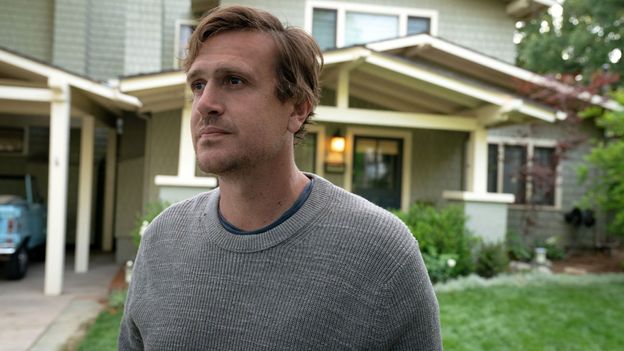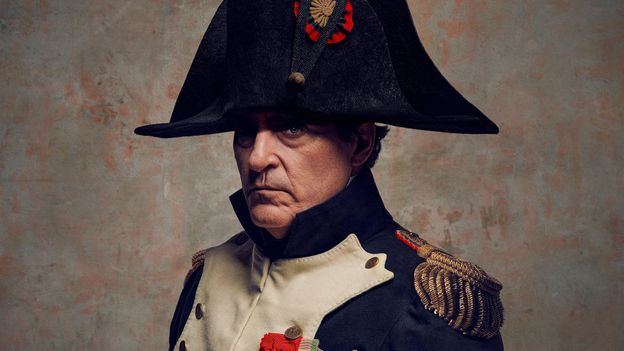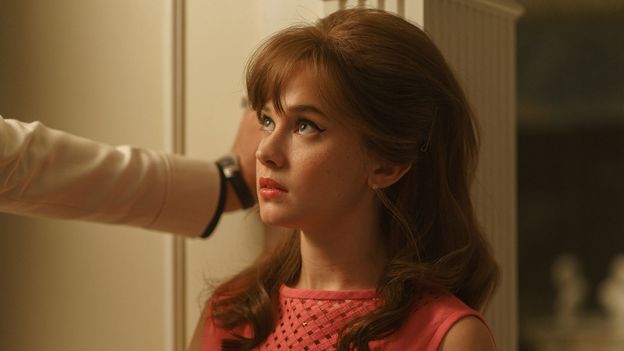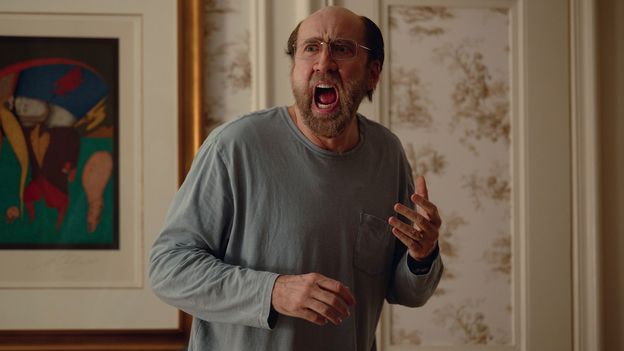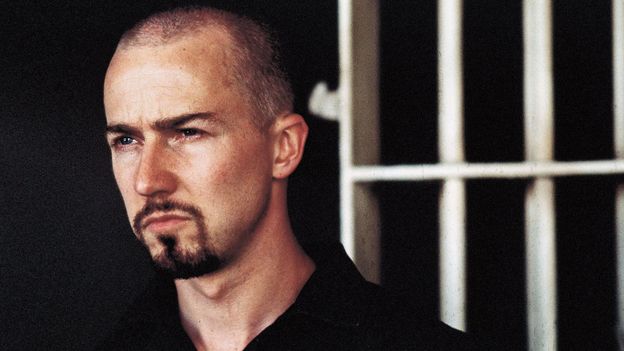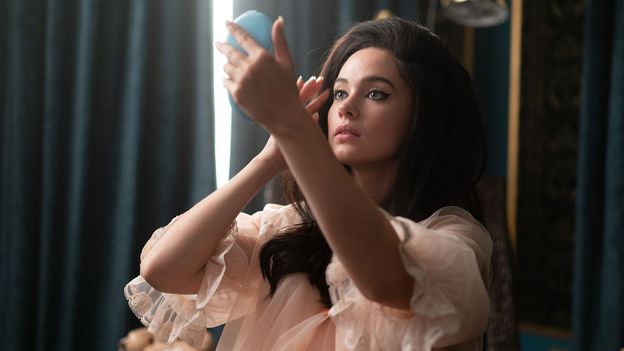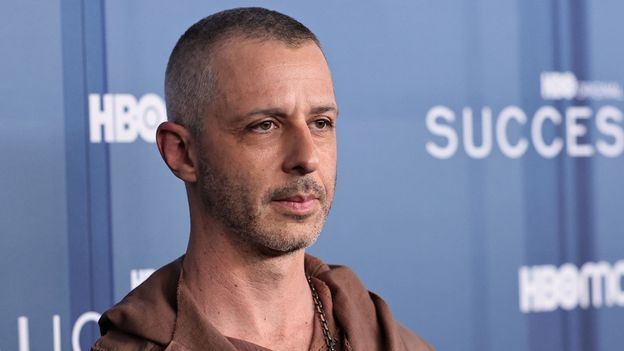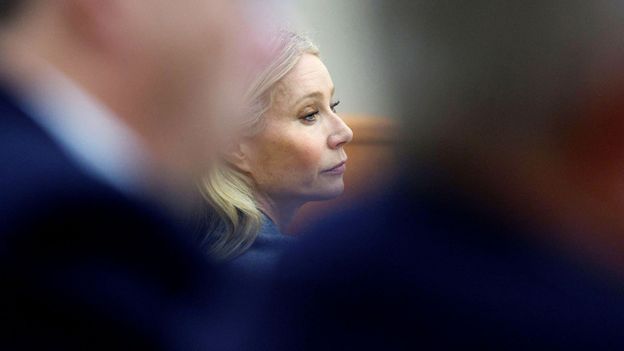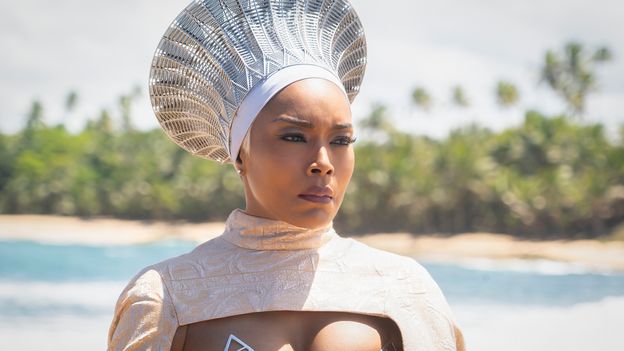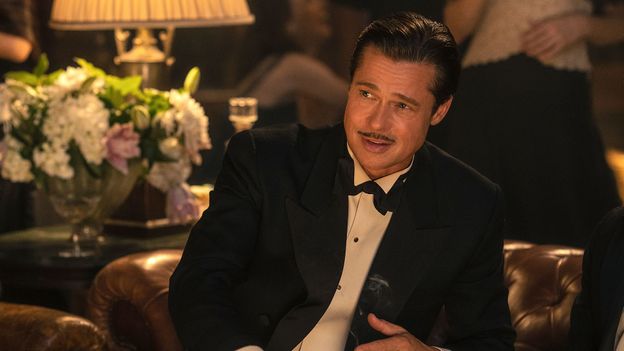Why do male writers in TV, film and literature continue to engage in this trope? What does it tell us about the gender dynamics in fiction? And is there any hope on the horizon that it may be consigned to the creative dustbin?
Izzie Austin is a film writer doing a PhD that examines revenge in teen movies at Swinburne University, Australia. Before refining their subject, for a while they were looking into revenge films more generally and have therefore had to sit through a great many works that are guilty of indulging this sexist phenomenon, commonly known as “fridging”. “There are so many films where they just introduce a wife in one scene and then kill her immediately,” they say, citing the infamous Death Wish franchise, in which Charles Bronson becomes a vigilante after his wife is murdered, as particularly egregious. “It’s insulting to the female characters because their only function is how they make other characters feel and then it’s insulting to the male characters because they don’t actually get to feel anything new.”
The origins of “fridging”
It was in 1999 that comic-book writer Gail Simone first gave a name to the trope, coining the term “Women in Refrigerators syndrome” to refer to a trend she noticed in superhero stories for female characters being killed off to provide motivation for the male protagonists. The turn of phrase was inspired by a 1994 Green Lantern story, in which the Green Lantern discovers that his girlfriend has been killed and stuffed into a fridge and, as Austin puts it, “Dead wife make man sad; man process sad by doing violence”.
If this trope has only been given a name in the last few decades, it has been conspicuous through the whole history of storytelling. “These are narratives that extend way way back,” says Dr Miriam Kent, lecturer in film and media at the University of Leeds and author of Women in Marvel Films. A fairy tale like Sleeping Beauty, which dates back to the 16th Century, involves a comatose princess who must be rescued by a prince. These notions of female sublimation and male agency have always pervaded Western literature, and, in recent centuries, TV and film. In the 1970s, literature professor Joseph Campbell’s seminal book The Hero’s Journey set out the structure for a classic “quest narrative” which “generally involved a masculine hero and a princess”, says Kent, and his storytelling theory went on to inform films like Star Wars. “The idea is that these are structures that are so ingrained within Western cultures and Western societies that they’re almost unconscious,” she says.

